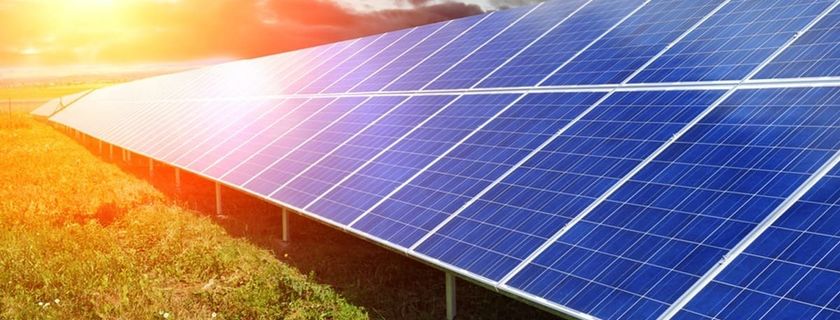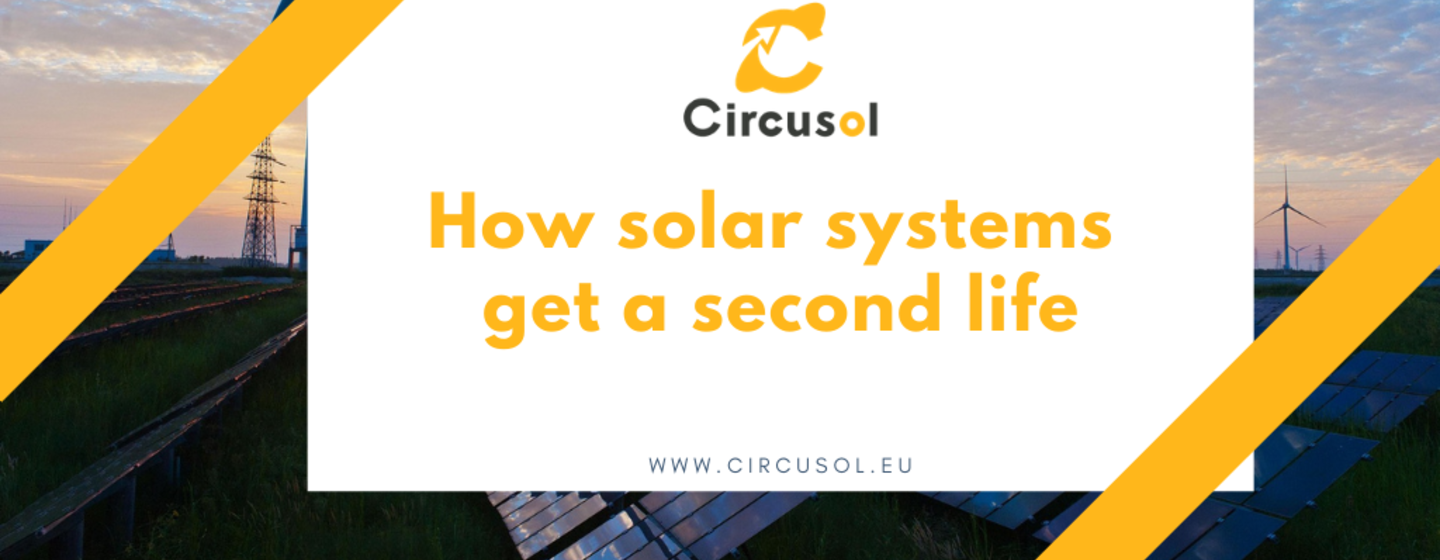
CIRCUSOL: Solar power business models towards a circular economy in Europe (PRESS RELEASE)
CIRCUSOL: Solar power business models towards a circular economy in…

Revolutionary. CIRCUSOL project starts where others stop: recycling solar installations and extending the life of products.
A Swiss town Wohlen bei Bern is a synonym for renewable energy. The municipality in the canton of Berne gave its name to Lake Wohlen, a reservoir which BKW has been using to produce electricity for 100 years. Wohlen also sets the standard in the modern age - with the CIRCUSOL project, which makes a contribution to the recycling of disused components of solar power plants, thereby freeing environmentally friendly energy from unnecessary side effects. This groundbreaking model system is considered key to increasing the resource efficiency of renewable energy and further optimising climate compatibility within the framework of the Horizon 2020 research programme.
Ralph Waldmeier, Business Development Manager at BKW, emphasises the importance of this project in terms of sustainability: "Closed-loop recycling is of paramount importance for the future of solar energy. At BKW we have a keen interest in extending the service life of our products on the one hand and facilitating the recycling of the raw materials contained in the products on the other".
BKW, which is the sole electricity supplier in Wohlen, provides all the necessary data for this purpose. These are collected in a database by the Bern University of Applied Sciences. Professor Stefan Grösser, Head of the Industrial Engineering and Management Department, says: "To lay the foundation for further use and ultimately recycling of the plants, you first need to know which materials they are made of". In future, it should be possible to precisely allocate all modules in terms of construction and material composition at the time of disposal. Thanks to a "material pass", a second life of the system is possible.
Further strategies are the reprocessing and repair of existing plants. Grösser: "Our aim is to ensure that the products have the longest possible service life. A modern PV system has a service life of about 25 to 30 years." But even then, it still has around 85 per cent of its initial production capacity - and can therefore be used to its full potential.
Our aim is to ensure that the products have the longest possible service life.
Although renewable energy is becoming more and more established, experts see an information deficit among part of the population. BKW manager Waldmeier says: "Customers are much more open to these offers today. In terms of information, however, they are often not up to date".
So the Wohlen project also serves to educate residents about details such as amortisation and the cost of running the plants, covering their own consumption or public subsidies. For Bänz Müller, the mayor of Wohlen, the project is groundbreaking in every respect: "For me, the energy turnaround is taking place primarily in the municipalities. Because here we are close to the people and have direct access to the data".
The original article was published at blick.ch

CIRCUSOL: Solar power business models towards a circular economy in…